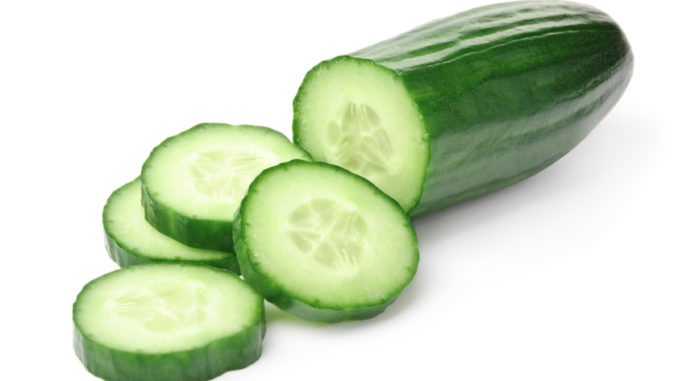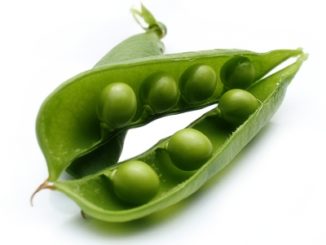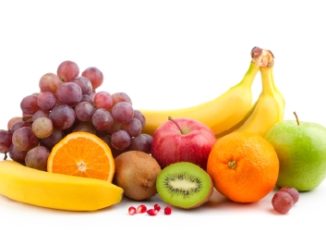
A vegetarian diet consists of fruits, vegetables and foods that originate from plants. It is a diet that is usually adopted due to religious beliefs or a notion that vegetarian diet is beneficial for health.
There are people who would like to adopt a vegetarian diet but are unsure about how to go about adding vegetarian foods to their regular meals, or ensuring that there is no deficiency in their daily intake after they adopt the vegetarian lifestyle.
What is a Vegetarian?
Broadly speaking, a vegetarian is a person who does not eat or believe in eating meat, poultry, fish and eggs. However, the reasons for why people adopt vegetarianism differ. There are different kinds of vegetarians. They include vegans, lacto – vegetarians, lacto – ovo – vegetarians and flexitarians.
The Different Kinds of Vegetarian
Since there are different kinds of definitions of vegetarians, the diet among different vegetarians also vary.
Given below is the list of some of the foods vegetarians consume, starting from the strictest to the most lenient kind of vegetarian diet. In this list, the next category of vegetarians includes foods that are consumed by the preceding one.
- Vegan diet foods – Vegetables, fruits, legumes, nuts, grains
- Lacto-vegetarian diet foods – milk and milk products like cheese and yogurt
- Lacto-ovo-vegetarian diet foods – eggs
- Flexitarian diet foods – occasional consumption of fish, poultry and meat.
Vegetarian Deficiencies
A vegetarian diet has often been condemned by many for resulting in deficiencies. However, it has been seen that deficiencies arise due to inefficient meal planning, rather than a genuine inadequacy of the diet itself. In most cases deficiency in iron, calcium and vitamin B12 has been seen.
These can be overcome by following some simple nutritional guidelines given below:
- Iron – Dishes made from spinach, beans, chickpeas, wheat, tofu and fortified products like fortified cereals are rich in iron.
- Calcium –Calcium is found in soy milk, soy nuts, soya beans, mustard greens, blackstrap molasses and fortified juices. Lacto-vegetarians can obtain adequate amounts of calcium by consuming milk and milk products.
- Vitamin B12 – Although vegans may have to depend on fortified cereals and soy milk, lacto-ovo-vegetarians can get their daily recommended intake of vitamin B12 from milk and eggs.
Are Vegetarians Healthier Than Meat Eaters?
Most nutritionists agree that a vegetarian diet is healthier than a non-vegetarian diet. However, in most cases, there is a caveat that necessitates the vegetarian diet to be balanced to make it healthier than a non-vegetarian diet.
Assuming that a vegetarian diet is balanced, medical research and studies show that vegetarians have a 30 percent lower risk of heart related diseases. However, similar studies done for cancer provide less consistent results.
While some conclude that a vegetarian diet can result in about 40 percent lower incidence of cancer, others do not show any significant difference.
Still, studies show that very small proportions of people who follow a vegetarian diet are obese or have health issues like high cholesterol and other similar life-threatening disorders.
So, in conclusion, we can say that if you follow a well-planned and balanced vegetarian diet, you can live a lot healthier than meat eaters.




A vegetarian diet, like any other diet, is a good as you make it. If you work hard at meal planning and are knowledgeable about nutrition, you can get all the nutrients you need from a vegetarian diet.
In addition, it is less expensive than consuming meat and helps you avoid the hormones that are so rampant in the meat we purchase today. There are plenty of resources, like this site and others on the web that can help you get the nutrition information you need to learn about eating a vegetarian diet.
There’s no question that vegetarians have a lower incidence of heart disease than meat eaters, which makes this diet a great choice for people who have a family history of coronary disease.
But,like many other food plans, it isn’t a diet. If you want to continue to control your weight, and keep diseases and aging at bay, you’ll want to continue the vegetarian lifestyle indefinitely.